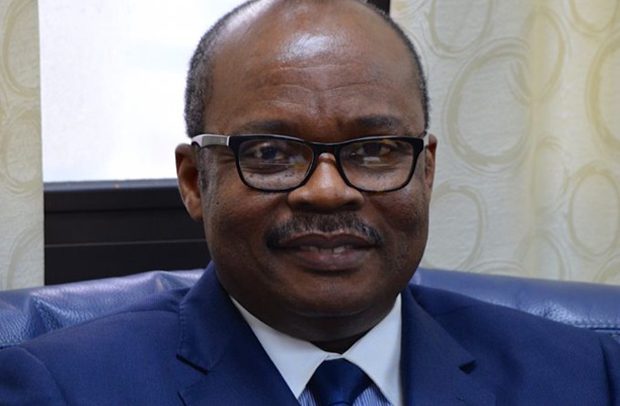Ernest Addison
The Bank of Ghana (BoG) has through a receivership process been able to recover GH¢731 million out of a total of GH¢10.1 billion that was advanced to customers of banks affected by the clean up in the banking sector.
The process has however been undermined by individuals that frustrate loan recovery process through court actions, fictitious acquisition of loan and poor documentation on loan transactions, which make it difficult to identify and pursue loan defaulters.
Dr Ernest Addison, Governor of BoG, made this known when he addressed heads of businesses in the private sector at the 4th edition of the CEO Summit held yesterday in Accra.
He disclosed that recoveries were made through loan repayment by customers, sale of vehicles and liquidation of bonds, among others.
In order to improve the rate of recovery, he said that the receivers have fully engaged the judicial system to assist in the recovery of assets from shareholders, directors and other loan defaulters.
“There are about 50 cases currently pending before our courts. Recovery process has not been without challenges with individuals involved resorting to court system to frustrate the process.
“Investigation so far has also revealed that some assets were not registered in the names of specific financial institutions but in the names of connected parties, making it difficult to disclose the underline collateral to offset the outstanding loans,” he said.
The Market Place Lending (MPL), he said, was of serious concern to BoG, as it posed a high risk.
The governor said the high MPL ratio, which was 18.7 per cent as of the end of March 2019, must be tackled.
He said that the high MPL ratio has implication for monetary policy conduct as it impedes the monetary transmission mechanism.
“This level, by all measures, is not acceptable and more work needs to be done in this area. As you are aware we have been trying to lower the policy rate but we are not seeing the transmission of lower policy rate in the lending rates to banks primarily because of the high non performing loans in the system,” he said.
He advocated the designation of special courts and judges to adjudicate issues arising out of the bank resolutions, revocation of licences, as well as cases related to collateral foreclosure.
The BoG, over the past two years, has implemented some reforms to address weakness in banks and lapses in governance where systemic nature of infractions had put depositors’ funds at risk and affected public trust in the financial sector.
Initiatives adopted by the Central Bank include revising Risk Base Supervision Framework, issuing directives on banks to clean up their books, enforcement of directives on banks to write off their loans and appropriate disclosure of written off facilities in published financial statements.
By Issah Mohammed


